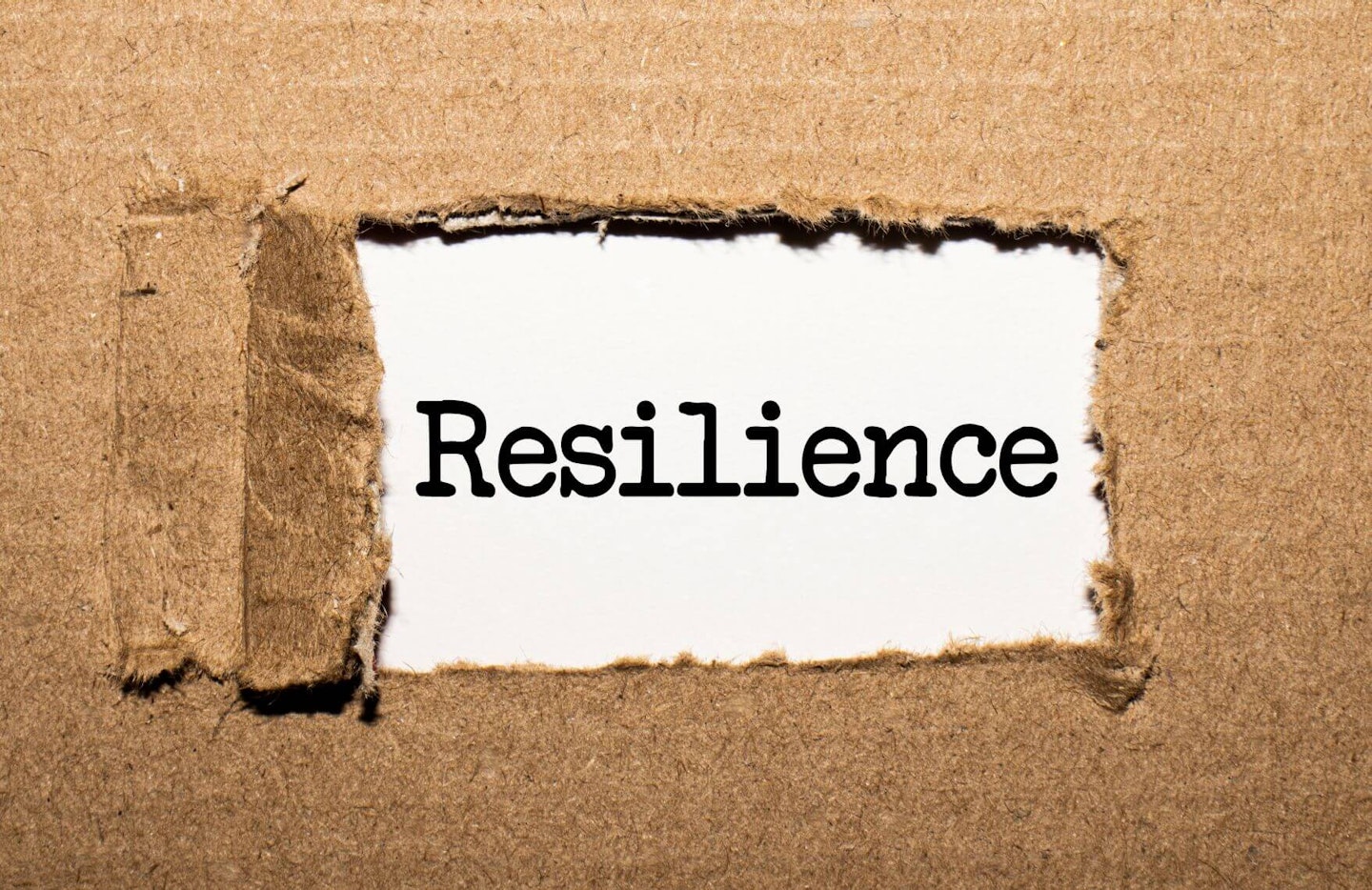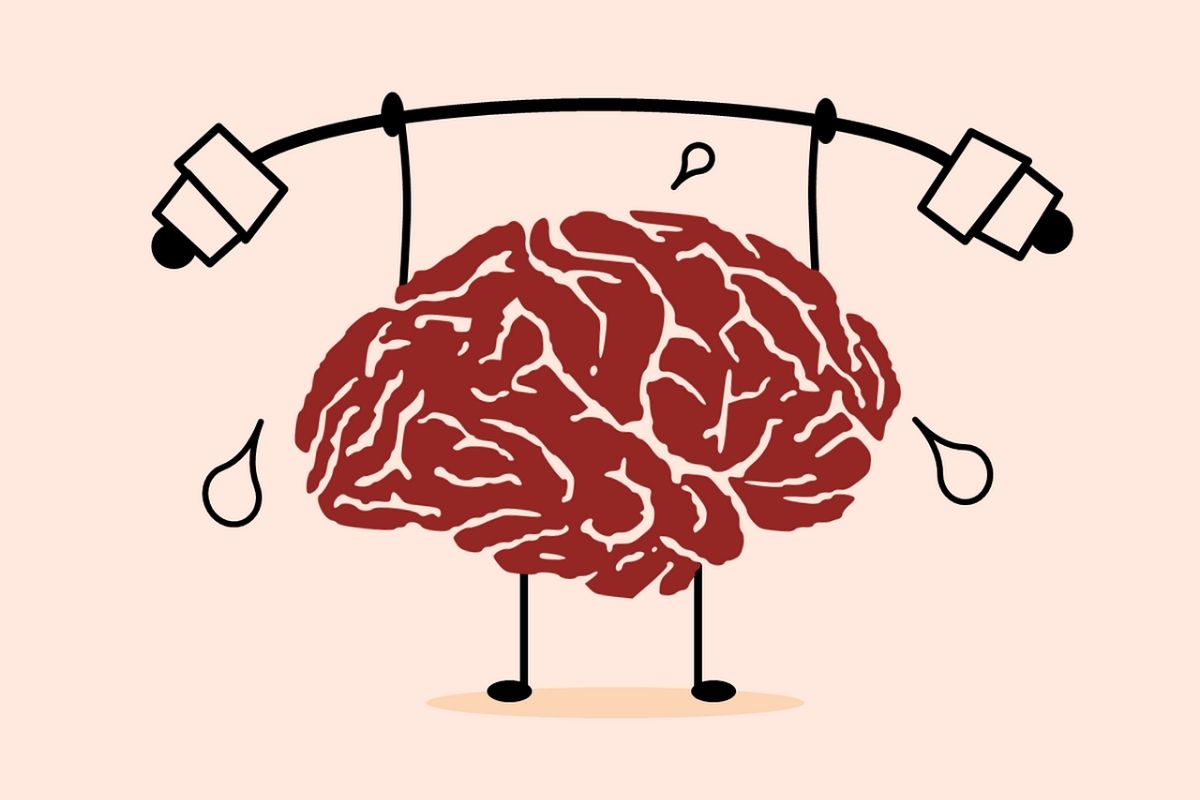In today’s fast-paced and ever-changing world, resilience has become a critical skill for both personal and professional success. Whether you're navigating the challenges of a demanding career, managing personal relationships, or striving to achieve your goals, resilience is the key to bouncing back from setbacks and thriving in the face of adversity. At Al Mithaq Institute, we understand the importance of resilience and offer a wide range of courses designed to help you build this essential skill. In this comprehensive guide, we’ll explore the concept of resilience, its importance in your career and personal life, and how our programs can help you develop the tools you need to succeed.
What is Resilience?
Resilience is the ability to adapt and recover from difficulties, challenges, and setbacks. It’s not about avoiding stress or adversity but rather about learning how to cope with it effectively. Resilient individuals are able to maintain their composure, stay focused, and find solutions even in the most challenging situations. They possess a growth mindset, which allows them to view obstacles as opportunities for growth rather than insurmountable barriers.
The Importance of Resilience in Your Career
In the professional world, resilience is a highly valued trait. The modern workplace is characterized by constant change, high expectations, and intense competition. Whether you’re dealing with a difficult boss, a demanding workload, or a career setback, resilience can help you navigate these challenges and emerge stronger.
- Adapting to Change: The business landscape is constantly evolving, with new technologies, market trends, and organizational structures emerging all the time. Resilient professionals are able to adapt to these changes quickly and effectively, ensuring that they remain relevant and competitive in their field.
- Handling Stress and Pressure: High-pressure environments are common in many industries. Resilience allows you to manage stress effectively, maintain your performance under pressure, and avoid burnout.
- Overcoming Setbacks: Career setbacks, such as job loss, missed promotions, or failed projects, are inevitable. Resilient individuals are able to bounce back from these setbacks, learn from their experiences, and continue moving forward.
- Building Strong Relationships: Resilience also plays a key role in building and maintaining strong professional relationships. It allows you to handle conflicts constructively, communicate effectively, and collaborate with others to achieve common goals.
The Importance of Resilience in Your Personal Life
Resilience is equally important in your personal life. It helps you navigate the ups and downs of life, maintain healthy relationships, and achieve your personal goals.
- Managing Stress and Anxiety: Life is full of stressors, from financial worries to relationship issues. Resilience helps you manage stress and anxiety, allowing you to maintain your mental and emotional well-being.
- Coping with Loss and Grief: Loss is an inevitable part of life. Whether it’s the loss of a loved one, a relationship, or a job, resilience helps you cope with grief and move forward.
- Maintaining Healthy Relationships: Resilience is key to maintaining healthy relationships. It allows you to handle conflicts constructively, communicate effectively, and build strong, supportive connections with others.
- Achieving Personal Goals: Resilience is essential for achieving your personal goals. It helps you stay motivated, overcome obstacles, and persist in the face of challenges.
How to Build Resilience
Building resilience is a lifelong process that requires intentional effort and practice. Here are some strategies to help you develop resilience in both your career and personal life:
1. Develop a Growth Mindset
A growth mindset is the belief that your abilities and intelligence can be developed through effort, learning, and persistence. This mindset allows you to view challenges as opportunities for growth rather than threats. To develop a growth mindset:
- Embrace Challenges: Instead of avoiding challenges, embrace them as opportunities to learn and grow.
- Learn from Failure: View failure as a learning experience rather than a reflection of your abilities.
- Seek Feedback: Actively seek feedback from others and use it to improve your performance.
2. Build a Strong Support Network
Having a strong support network is crucial for building resilience. Surround yourself with people who encourage and support you, and who can provide guidance and advice when needed. To build a strong support network:
- Cultivate Relationships: Invest time and effort in building and maintaining strong relationships with family, friends, and colleagues.
- Seek Mentors: Find mentors who can provide guidance, support, and advice based on their own experiences.
- Join Communities: Join professional and personal communities where you can connect with like-minded individuals and share experiences.
3. Practice Self-Care
Self-care is essential for maintaining your physical, mental, and emotional well-being. It helps you recharge and stay resilient in the face of challenges. To practice self-care:
- Prioritize Sleep: Ensure you get enough sleep to recharge your body and mind.
- Exercise Regularly: Regular physical activity helps reduce stress and improve your overall well-being.
- Eat a Healthy Diet: A balanced diet provides the nutrients your body needs to function optimally.
- Take Breaks: Take regular breaks throughout the day to rest and recharge.
4. Develop Problem-Solving Skills
Effective problem-solving skills are essential for building resilience. They allow you to identify solutions to challenges and take action to overcome them. To develop problem-solving skills:
- Identify the Problem: Clearly define the problem you’re facing.
- Generate Solutions: Brainstorm potential solutions to the problem.
- Evaluate Options: Evaluate the pros and cons of each solution.
- Take Action: Implement the best solution and monitor its effectiveness.
5. Practice Mindfulness and Stress Management
Mindfulness and stress management techniques can help you stay calm and focused in the face of challenges. They allow you to manage stress effectively and maintain your emotional well-being. To practice mindfulness and stress management:
- Meditate: Practice meditation to calm your mind and reduce stress.
- Practice Deep Breathing: Deep breathing exercises can help you relax and reduce stress.
- Stay Present: Focus on the present moment rather than worrying about the future or dwelling on the past.
6. Set Realistic Goals
Setting realistic goals helps you stay motivated and focused. It allows you to break down larger goals into smaller, manageable steps, making it easier to achieve them. To set realistic goals:
- Be Specific: Clearly define what you want to achieve.
- Set Measurable Goals: Set goals that can be measured so you can track your progress.
- Break Down Goals: Break down larger goals into smaller, manageable steps.
- Celebrate Achievements: Celebrate your achievements along the way to stay motivated.
7. Learn from Experience
Learning from your experiences is key to building resilience. It allows you to reflect on what worked, what didn’t, and how you can improve in the future. To learn from experience:
- Reflect on Challenges: Take time to reflect on the challenges you’ve faced and how you’ve overcome them.
- Identify Lessons Learned: Identify the lessons you’ve learned from your experiences.
- Apply Lessons to Future Challenges: Apply the lessons you’ve learned to future challenges to improve your resilience.
How Al Mithaq Institute Can Help You Build Resilience
At Al Mithaq Institute, we offer a wide range of courses designed to help you build resilience in both your career and personal life. Our programs are tailored to meet the needs of individuals at all stages of their personal and professional development. Here’s how our courses can help you build resilience:
1. Social Skills and Behavioral Training
Our social skills and behavioral training programs are designed to help you develop the emotional intelligence, communication skills, and problem-solving abilities needed to navigate challenges effectively. Courses include:
- Cognitive Behavioral Therapy: Learn how to identify and change negative thought patterns that can hinder your resilience.
- Emotional Intelligence: Develop the ability to understand and manage your emotions, as well as the emotions of others.
- Life Coaching: Gain the skills and tools needed to set and achieve personal and professional goals.
2. Management Training
Our management training programs are designed to help you develop the leadership, decision-making, and problem-solving skills needed to thrive in a high-pressure work environment. Courses include:
- Project Management: Learn how to manage complex projects, overcome obstacles, and achieve your goals.
- Crisis Management: Develop the skills needed to handle crises effectively and maintain your composure under pressure.
- Leadership Skills: Learn how to lead and inspire others, even in challenging situations.
3. Legal Training
Our legal training programs are designed to help you navigate the complexities of the legal system and develop the skills needed to handle legal challenges effectively. Courses include:
- Criminal Law: Learn how to navigate the criminal justice system and handle legal challenges effectively.
- International Law: Develop the skills needed to navigate the complexities of international law and handle legal challenges in a global context.
- Negotiation Skills: Learn how to negotiate effectively and resolve conflicts constructively.
4. Professional Training for Educators
Our professional training programs for educators are designed to help you develop the skills needed to manage classrooms, support students, and navigate the challenges of the education system. Courses include:
- Classroom Management: Learn how to manage a classroom effectively and create a positive learning environment.
- Student Counseling: Develop the skills needed to support students and help them navigate challenges.
- Early Childhood Education: Learn how to support the development of young children and create a positive learning environment.
5. Marketing and Sales Training
Our marketing and sales training programs are designed to help you develop the skills needed to succeed in a competitive business environment. Courses include:
- Digital Marketing: Learn how to leverage digital tools and platforms to promote your business and reach your target audience.
- Sales Techniques: Develop the skills needed to close deals and build strong relationships with clients.
- Brand Management: Learn how to build and manage a strong brand that resonates with your target audience.
6. Financial and Accounting Training
Our financial and accounting training programs are designed to help you develop the skills needed to manage your finances effectively and make informed financial decisions. Courses include:
- Financial Analysis: Learn how to analyze financial data and make informed decisions.
- Tax Accounting: Develop the skills needed to navigate the complexities of tax law and manage your taxes effectively.
- Cost Accounting: Learn how to manage costs and improve the profitability of your business.
7. IT Skills Training
Our IT skills training programs are designed to help you develop the technical skills needed to succeed in a digital world. Courses include:
- Artificial Intelligence: Learn how to leverage AI technologies to improve your business processes and decision-making.
- Data Analysis: Develop the skills needed to analyze data and make informed decisions.
- Programming for Non-Programmers: Learn the basics of programming and how to apply them to your work.
Conclusion
Building resilience is essential for success in both your career and personal life. It allows you to navigate challenges, overcome setbacks, and achieve your goals. At Al Mithaq Institute, we are committed to helping you develop the skills and tools needed to build resilience and thrive in all areas of your life. Whether you’re looking to enhance your professional skills, improve your personal well-being, or achieve your goals, our wide range of courses can help you get there.
Visit our website at https://almithaqinstitute.com/ to explore our courses and start your journey toward building resilience today. For more information, feel free to contact us through our contact page or explore our blog for more tips and insights on personal and professional development.







